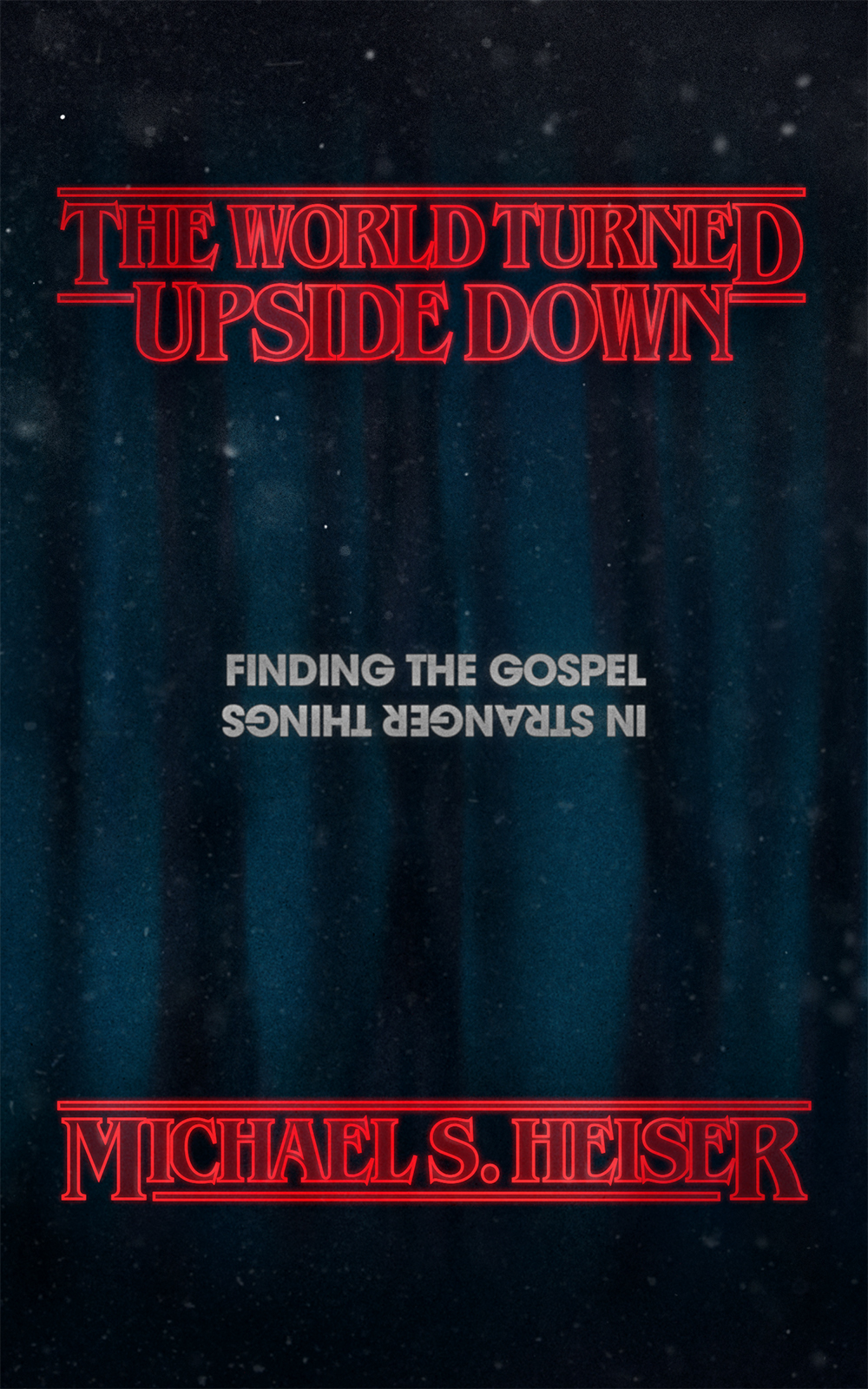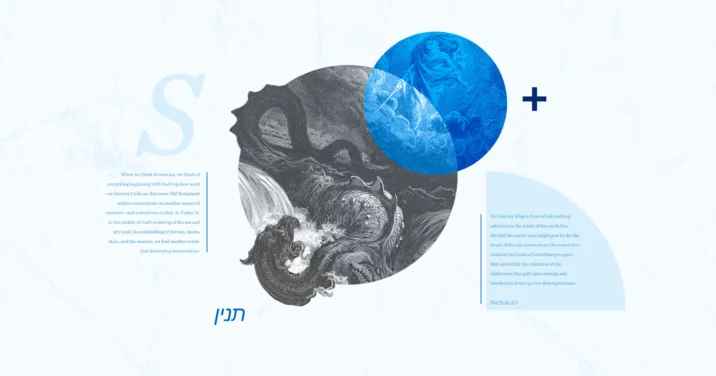Does the Bible talk about sea monsters? Are they literal? In this excerpt about sea monsters in the Bible from his book I Dare You Not to Bore Me with the Bible, Dr. Michael Heiser explores the mention of “sea monsters,” “Leviathan, “and creatures of the wilderness” in Psalm 74 .
***
When we think of creation, we think of everything beginning with God’s spoken word—as Genesis 1 tells us. But some Old Testament writers concentrate on another aspect of creation—and a weird one at that. In Psalm 74, in the middle of God’s ordering of the sea and dry land, his establishing of the sun, moon, stars, and the seasons, we find another event: God destroying sea monsters.
Yet God my King is from of old,
working salvation in the midst of the earth.
You divided the sea by your might;
you broke the heads of the sea monsters on the waters.
You crushed the heads of Leviathan;
you gave him as food for the creatures of the wilderness.
You split open springs and brooks;
you dried up ever-flowing streams.
Yours is the day, yours also the night;
you have established the heavenly lights and the sun.
You have fixed all the boundaries of the earth;
you have made summer and winter (Psa 74:12–17).
Sea monsters, monstrous dragons, and twisting serpents in the Bible
The reference to God breaking “the heads of the sea monster” and crushing “the heads of Leviathan” has led many on a desperate study of Old Testament zoology. But this, along with many other confusing Old Testament images, has a cultural context.
In the ancient world, the original (“primordial”) chaotic conditions of creation were often portrayed as a monstrous dragon. This is reflected in stories from ancient Babylon and Israel’s closest neighbor, Ugarit (ancient Syria, just north of Israel).
In the literature of ancient Ugarit, the god Baal battles Yamm, who is portrayed as a chaotic, churning sea and a terrifying sea dragon named Tannun or Litanu. These terms are equivalent to the Hebrew words in Psalm 74:13–14: “You divided the sea (ים, yam) by your might; you broke the heads of the sea monsters (תנינים, tanninim) on the waters. You crushed the heads of Leviathan (לויתן, liwyatan).”
Other parallels are found elsewhere in the Old Testament. In Ugaritic stories, Litanu is described as a “twisting serpent” and a “fleeing serpent.” Those precise phrases are used to describe the sea beast Leviathan in the Old Testament (Isa 27:1; Job 26:13).
What’s the point?
God didn’t really fight a literal dragon at the beginning of creation. This imagery reflects the mindset of the ancient world, which viewed the sea as unpredictably violent and unable to be tamed. It frightened the ancients. Only the power of a mighty God could produce a habitable world from the chaotic sea—a deed portrayed as a battle with the untamed deep. God was victorious in this conflict, as told in Psalm 74.
This imagery was intentionally repurposed throughout the Old Testament. In Isaiah 51:9–10, the sea monster image (this time called “Rahab”) is applied to the Israelites’ escape from Egypt. It was the arm of the Lord “who cut Rahab in pieces” and “who pierced the dragon (תנין, tannin) … [and] dried up the sea, the waters of the great deep, who made the depths of the sea a way for the redeemed to pass over.” This imagery—the same imagery used in creation stories—effectively describes the birth of a new nation after God’s defeat of Egypt.
Isaiah also describes the end of days with the same language: “In that day the Lord . . . will punish Leviathan the fleeing serpent, Leviathan the twisting serpent, and he will slay the dragon that is in the sea” (Isa 27:1). The book of Revelation, taking its cue from Isaiah 27:1, describes a time when there will be “no more sea” (Rev 21:1). The elimination of all that opposes God will only come with His final reign on earth. Only when the new heaven and new earth are brought into being will the violent sea monster truly be slain.
Books by the author
The Unseen Realm: Recovering the Supernatural Worldview of the Bible
Regular price: $17.99

The World Turned Upside Down: Finding the Gospel in Stranger Things
Regular price: $8.99

Supernatural: What the Bible Teaches about the Unseen World—And Why It Matters
Regular price:






